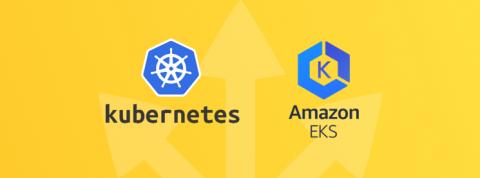Collect, Monitor, and Process AWS Logs and Metrics at Scale with Cognitive Insights
Famed management thinker Peter Drucker is often quoted as saying, “You can’t manage what you can’t measure.” Tracking and analyzing data of a system provides metrics to measure, predict, and improve the underlining health of the system. Logging data is the simplest act of collecting data for measurement and plays an important role in modern enterprises, as it provides a way to measure the health of hardware devices and software applications alike.











